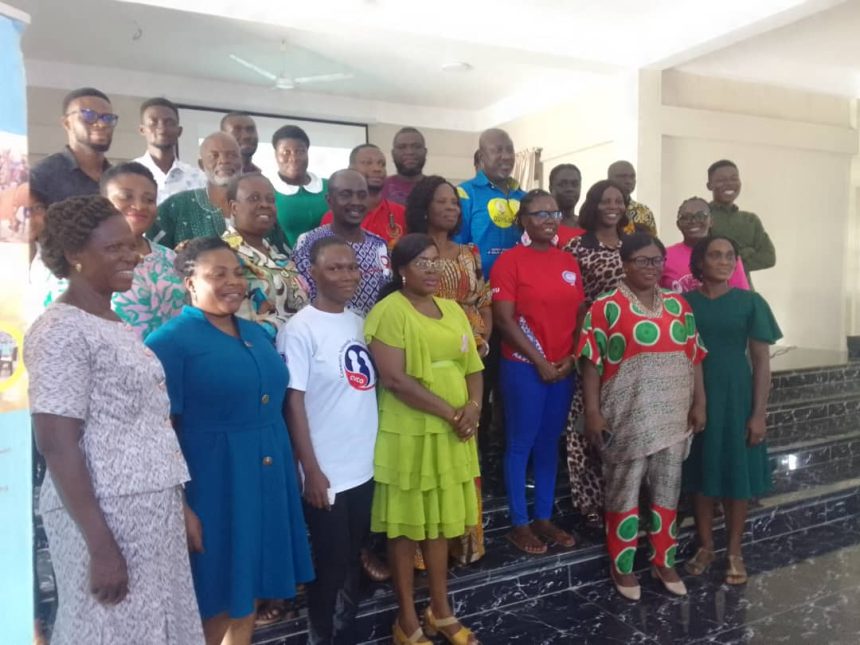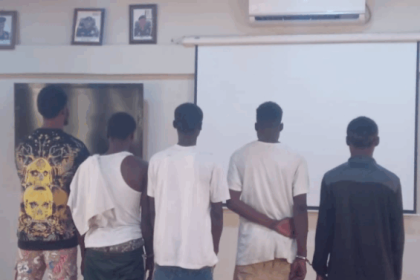The Central Tongu Health Directorate has held a stakeholders’ engagement meeting to mark the start of this year’s Breast Cancer Awareness Month and the rollout of the Human Papillomavirus (HPV) vaccination campaign in the district.
The meeting, held in Adidome, brought together key partners from the Ghana Education Service, traditional and religious leaders, civil society organisations, and the media to discuss collaborative strategies for disease prevention and public awareness creation.
Mr. Baba Awuni, Central Tongu District Health Director, said the engagement sought to strengthen community participation in the fight against breast and cervical cancers while ensuring a successful HPV vaccination exercise for girls aged nine to 14 years.
He noted that the Volta Region had faced challenges with vaccine uptake during the COVID-19 pandemic and called for intensified community education and advocacy to ensure the success of the new health campaign.
“We want our stakeholders to help us educate our people. The HPV vaccination begins from October 7 to 11, 2025, and with the support of our chiefs, assembly members, and opinion leaders, we are confident of reaching every eligible girl,” he said.
Mr. Awuni added that despite limited resources, the Directorate was committed to ensuring comprehensive coverage through strategic planning and collaboration.
Madam Vera Xoese Nyamata, District Disease Control Officer and Expanded Programme on Immunisation (EPI) Coordinator, said cervical cancer remained a major public health concern in Ghana, with over 3,000 new cases reported annually, mostly caused by the Human Papillomavirus.
She described the HPV vaccine as “safe, effective, and best administered before the onset of sexual activity,” adding that it offers up to 70 percent protection against cervical cancer.
The vaccination campaign, she noted, targets 5,875 girls aged 9–14 years, representing 6.6 percent of the district’s population of 89,017, using school-based, outreach, and health facility strategies to reach both in-school and out-of-school girls.
Madam Nyamata emphasized the importance of stakeholder involvement in dispelling myths, encouraging parental consent, and promoting accurate information through community mobilization and media engagement.
“Together, we can protect our girls and make Central Tongu a cervical cancer-free district,” she said.
Madam Diana Sena Awutey, Non-Communicable Disease (NCD) Coordinator, outlined activities planned for Breast Cancer Awareness Month, observed globally every October.
She underscored the need for intensified education, early detection, and screening services, including self-breast examination, clinical breast examination, mammogram, and ultrasound.
She also advised women aged 20–40 years to undergo a clinical breast examination every three years, and annually after age 40, with mammography recommended from age 35.
Madam Awutey called on healthcare providers, NGOs, media, and corporate organisations to support advocacy, funding, and outreach initiatives to promote early detection and survivor support.
“Early detection saves lives. Let’s unite to empower women, reduce stigma, and strengthen our community’s health response,” she urged.
The engagement ended with a renewed call for intersectoral collaboration and resource mobilization to ensure no girl or woman in Central Tongu is left behind in the fight against cervical and breast cancers.
GNA






